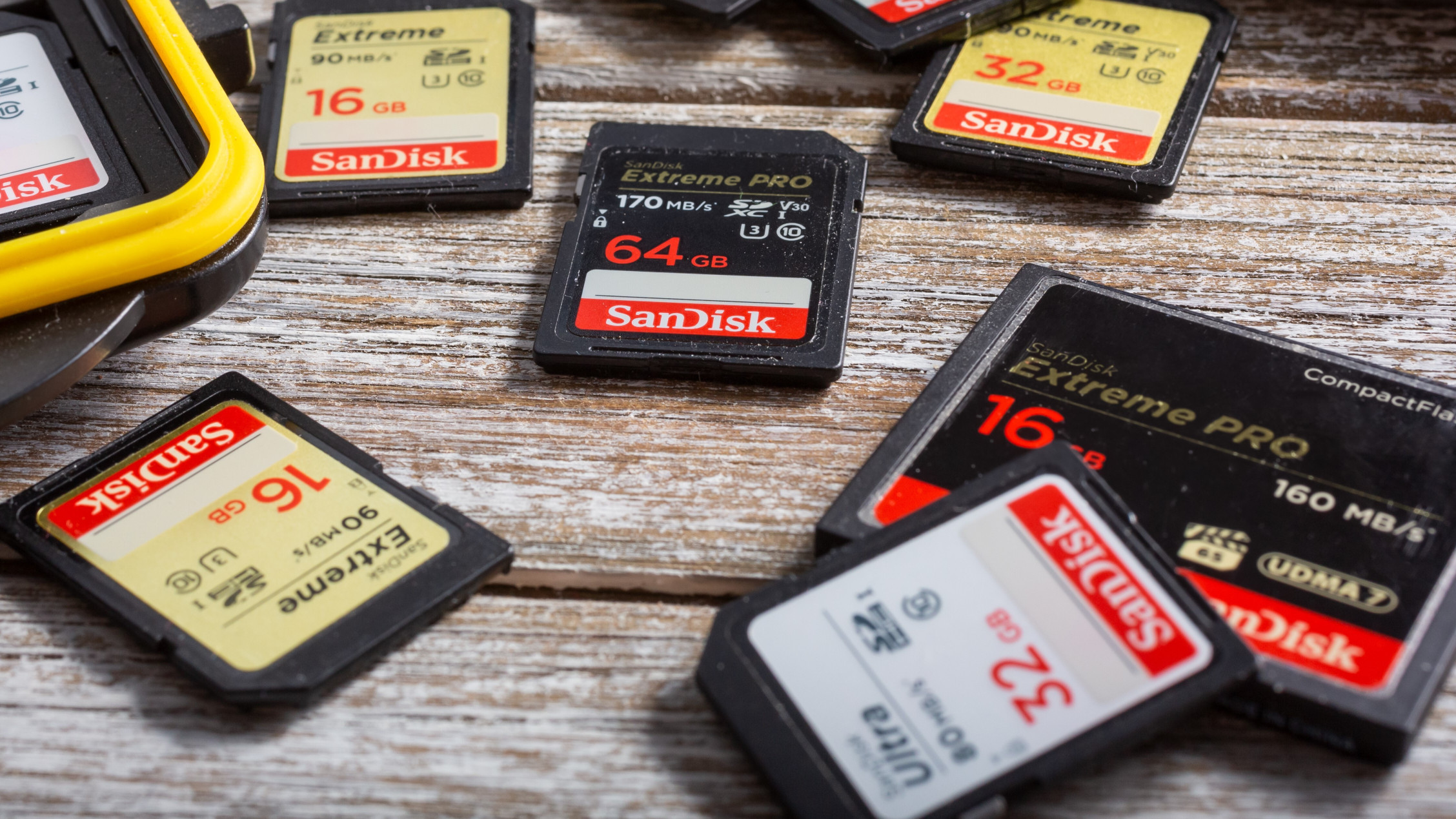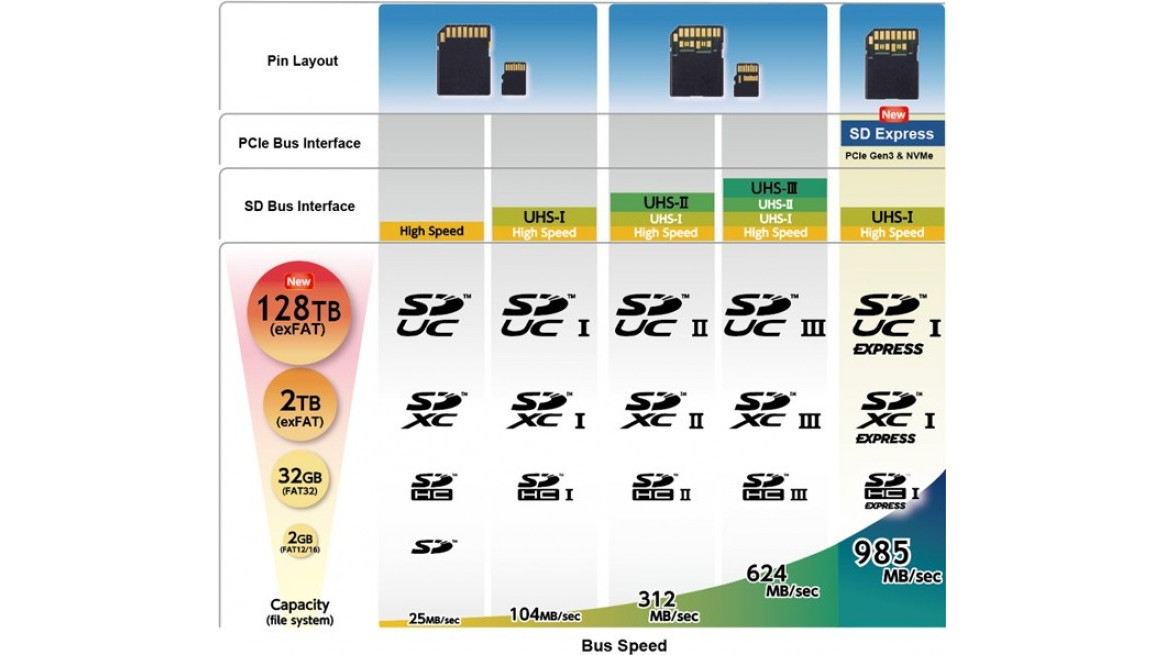
A recent Linux kernel commit (6.11) addresses key aspects of SD card compatibility and support, most namely adding support for Ultra High-Speed II SD cards (UHS-II) and Ultra Capacity SD cards (dubbed SDUC) [h/t Phoronix]. UHS-II SD cards support speeds up to 312 MB/s, while SDUC cards have a theoretical maximum capacity of 128 TB and can support yet faster UHS-III and SD Express speeds.
Regarding SDUC cards and capacity, we saw 4 TB SDUC cards back in April, and since then, an 8 TB SDUC card has also been announced. That is expected to increase over time, hence the 128 TB ceiling.

While the continued growth of SD cards has been quite impressive since they're still by far the most compact form of modern flash storage, the goal of eventually reaching 128 TB on one of these seems like a far-off dream, particularly when hard drives are still top out around 32 TB, and 128TB SSDs need much larger form factors than an SD card.
Unfortunately, the current highest-capacity cards using SDUC see an 8 TB SD card limited to UHS-I speeds of roughly 104 MB/s. That's slightly slower than a standard desktop hard drive—UHS-II, meanwhile, is 320 MB/s and more like a common SATA SSD (which tops out at ~550 MB/s) in overall bandwidth.
In its debut form, SD Express used PCIe 3.0 to reach speeds of up to 985 MB/s, but subsequent iterations have allowed SD Express to be used with PCIe 4.0 to reach speeds as high as 3940 MB/s, which is on par with proper NVMe Gen 3/entry-level Gen 4 SSDs in that same familiar SD card form factor.
Fortunately, SDUC cards will likely get better support for faster grades of UHS and SD Express in the long term—the SDUC standard already supports these features fine, but pushing the limits of SD card capacity does seem to come with some speed compromises.
Fortunately, Linux kernel 6.11 is well-prepared to deal with the still-evolving SD card market.
Aside from adding support for SDUC and UHS-II, this Linux 6.11 kernel MMC update mostly consists of added device support and miscellaneous error fixes. For those who still actively use SD cards, particularly in professional video fields where SD cards are still common, this update is sure to provide a welcome improvement to compatibility and stability.







